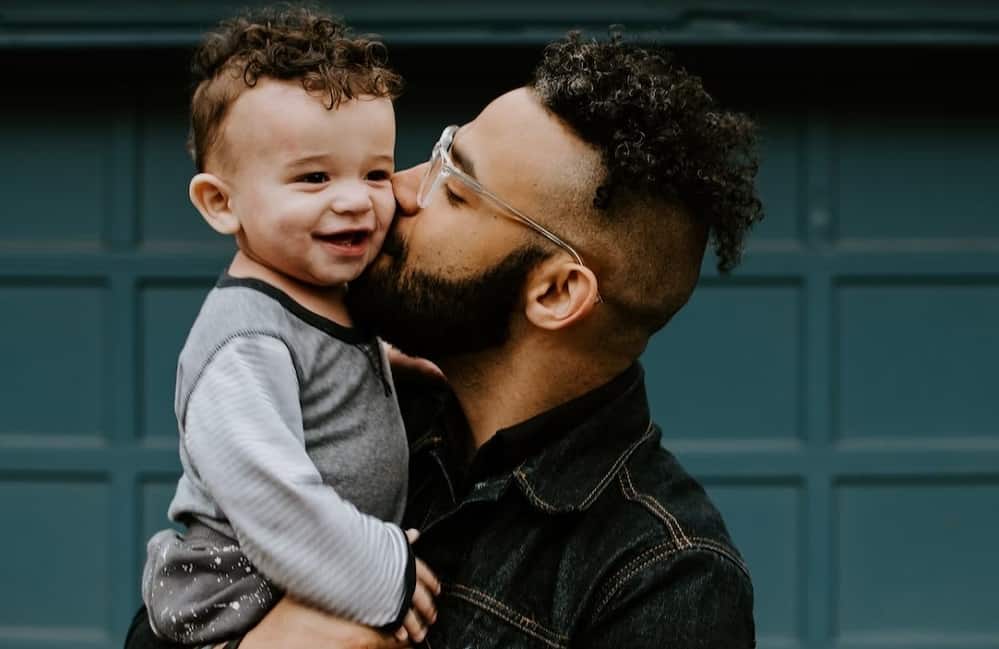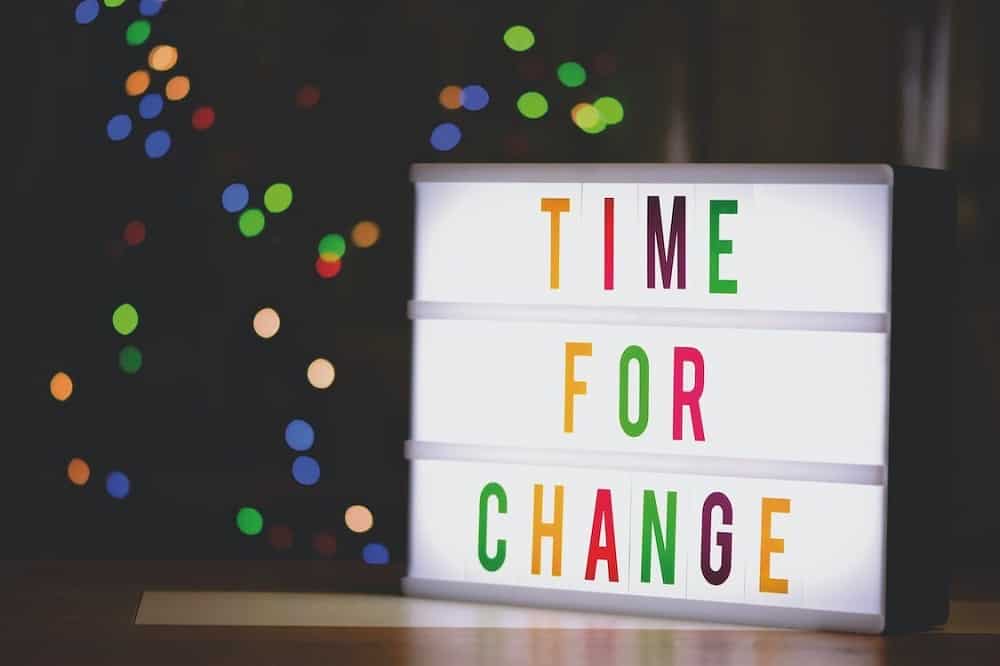If I asked you to paint a picture in your head of a person impacted by trauma, what do you see?
You’re probably picturing someone who has experienced a traumatic event firsthand, such as abuse or neglect, or even experiences like war and poverty. When we think about trauma, we think about the direct link between a traumatic event and the person it directly impacted.
Trauma doesn’t begin and end with the individual who experienced it, though. Trauma can actually be transmitted, passing through generations within families or societal groups.
Even if you haven’t directly experienced a traumatic event, there is a chance you could still be impacted by it, something we call generational trauma. If that’s the case, it’s important to take the steps to recognize how it impacts you, so you can start to heal.
Understanding Generational Trauma
Trauma impacts a large number of people. Up to 70% of individuals will experience at least one traumatic event in their lifetime, according to the WHO. With such a large population of people experiencing trauma, it’s more than worth our time to try and understand how it impacts us, especially generationally.
What Is Generational Trauma?
Generational trauma, also referred to as intergenerational trauma or transgenerational trauma, refers to the transmission of trauma-related symptoms and behaviors across generations.
More simply put, it refers to trauma passed down from those who experience it to those that follow them, whether it be a family member or people in their community.
Why Is This Significant?
When we talk about trauma survivors, we often talk about those who directly experienced a traumatic event. Rarely do we step back to talk about how trauma can become ingrained into families, communities, and cultures, leading to cycles of issues like abuse, stress, anxiety, or even post traumatic stress disorder.
If we become more aware of how a traumatic experience can be passed down, we can better understand its impact on families and groups. And then, most importantly, take the steps to heal from it and create happier, more content lives.
Where Does Generational Trauma Come From?
Generational trauma is an inherited trauma passed from trauma survivors to future generations. This can happen in a multitude of ways.
For example, generational family trauma can grow as a result of issues like substance abuse, physical abuse, and unhealthy emotional patterns. These can cause negative childhood experiences that perpetuate a cycle of abuse, with individuals’ unresolved trauma causing them to repeat unhealthy family dynamics for multiple generations.
However, it’s not only families who deal with intergenerational trauma. It can also impact different social groups through historical trauma.
For example, groups like Holocaust survivors are survivors of a kind of collective trauma that can cause trauma symptoms to be inherited throughout generations. The American Psychological Association expands on this, explaining how traumatic historical events can lead to generations of people living in survival mode that impacts their physical and mental health.
Effects and Manifestations of Generational Trauma
Those who are impacted by generational trauma will see consequences that are both psychological and physical.
The Emotional/Psychological Impact
Generational trauma holds a profound effect on people’s emotional well-being and mental health.
They may find themselves struggling with emotional regulation or numbness. They may have developed trauma responses, like anxiety or hypervigilance. They may struggle with feelings of depression and hopelessness. Or sometimes, they may face the impact of intrusive memories or flashbacks from previous traumatic events.
In many cases, individuals will turn to pure survival mode to cope. People will turn to things like substance abuse or other destructive behaviors to deal with feelings. They may have issues with control and perfectionism. Or they could become emotionally numb altogether to avoid the impact of trauma.
These emotional issues and coping mechanisms can, in turn, begin to impact relationships. Those struggling with these issues may find it hard to connect, be vulnerable, or form close bonds.
The Physical/Health Impact
You might not think trauma can impact our physical bodies, but it can! There is a link between trauma and our physical health that we fail to acknowledge, especially in the West.
Renowned Canadian physician Gabor Maté explains this in his book, The Myth of Normal: Trauma, Illness and Healing in a Toxic Culture. He explains that Western countries are seeing huge increases in stress, poor mental health, and physical illness.
These are issues that can be better addressed if we look at the impact of things like generational trauma, which can perpetuate cycles of chronic stress that, in turn, affect our physical health.
Issues like stress and anxiety, insomnia, or even issues like autoimmune disorders and chronic pain, can be linked to trauma and its impact on the body.
But how does this show up in generational trauma? Research suggests that mental and physical health issues resulting from traumatic events can be passed on from victims to future generations. This indicates that the physical impact of trauma can be passed down generationally, with ancestral trauma causing an actual genetic change in future generations.
Breaking the Generational Trauma Cycle
Once we begin to recognize the way generational trauma manifests and the way it affects us, we can begin to break the cycle. First, we have to acknowledge it. Then, healing can begin.
Acknowledging the Trauma
We cannot heal what we don’t acknowledge. If we want to begin to heal intergenerational trauma issues, we need to do the work to see and understand them.
Through education and acknowledgment, we can create spaces where people can feel comfortable sharing their experiences. It starts with things like parents recognizing themselves repeating cycles of abuse, a child seeing the same anxiety their mother has in themselves, or even an individual recognizing how a historical tragic event may mark their culture.
Generational Trauma Healing Strategies
Once we acknowledge that generational trauma exists, we can challenge the stigma that exists around talking about it so healing can begin.
The healing strategy a person chooses to take when addressing generational trauma will vary from person to person. However, some practices could include:
- Individual Therapy: Individuals healing from trauma can see a lot of benefits from therapy, giving them a space to explore and process emotions and learn new coping skills.
- Somatic Experiencing: A specific treatment approach many benefit from is a treatment known as somatic experiencing. Developed by psychotherapist Peter Levine, this treatment method is a body-oriented approach to trauma healing that works to heal the nervous system from the impact of trauma.
- Sharing Narratives: For some individuals, healing begins with processing and sharing their stories or finding the stories of others. Finding ways to heal through storytelling can be powerful, reframing narratives and processing the impact of trauma generationally.
- Mindfulness: Mindfulness is a practice that can benefit those healing generational trauma, helping people regulate emotions, stay present, and grow awareness of their thoughts. Practices like yoga and meditation can be especially useful.
- Social Support Networks: For those healing from generational trauma, connecting with social groups can help you feel validated over the impact of generational trauma, encouraging connection, community, and healing.
Frequently Asked Questions (FAQs)
Want to learn more? Here’s what people tend to ask when learning about generational trauma.
Can generational trauma affect people who were not directly exposed to the traumatic event?
Yes, it can! Generational trauma refers to trauma passed down through various means, whether it be cycles of family dynamics/behaviors or the inheritance of issues like anxiety or PTSD from a family member who experienced a traumatic event.
How can individuals identify if they are experiencing generational trauma?
Acknowledging generational trauma begins with exploring your own family history, mental health issues, and life experiences.
It will vary from person to person, but there are some common indicators that generational trauma is impacting you. Things like cycles of dysfunction in the family, inherited mental health issues, or feelings of fear, shame, and guilt stemming from early life can be signs. You can also work with a mental health professional like a therapist to better understand your experiences with trauma if it’s generational, and how it may be affecting your life.
What are some practical steps to break the cycle of generational trauma?
The way a person chooses to break a cycle of generational trauma will vary. Some steps could include:
- Learning more about generational trauma and its impact
- Learning how to identify behaviors formed as a result of trauma and break the cycle through activities like self-reflection or journalling
- Seeking professional help from a therapist or counselor to learn more about issues and develop healthy coping strategies
- Practicing self-care through things like mindfulness or exercise
- Sharing experiences and thoughts on generational trauma with other members of your family/community to increase awareness
Is professional help necessary for healing from generational trauma?
Whether or not a person wants to seek professional help to heal generational trauma is totally up to them.
It can be highly beneficial, especially when dealing with physical or mental health issues as a result of trauma, to seek professional help, especially with severe cases of issues like post traumatic stress disorder, anxiety, or depression.
A professional can help people better process and unpack the impact of trauma and find a path to healing catered directly to them. As a coach, I often work in collaboration with a clients’ therapist to better serve the client.
We save some subjects for my couch and others for the therapists’ couch so that the client can receive maximum support as they manifest change.
Break the Cycle, Begin to Heal!
Generational trauma is not talked about enough, but it should be! Many of us don’t realize the weight of inherited trauma we carry. The burdens of childhood experiences, family dynamics, and historical events can weigh us down more than we realize.
By acknowledging that trauma can affect us across generations, we can encourage an environment of collective healing. We can begin to change our family dynamics, community dynamics, and relationships with ourselves. It all starts with acknowledging and learning about generational trauma, reflecting on ourselves, and starting the healing journey.






